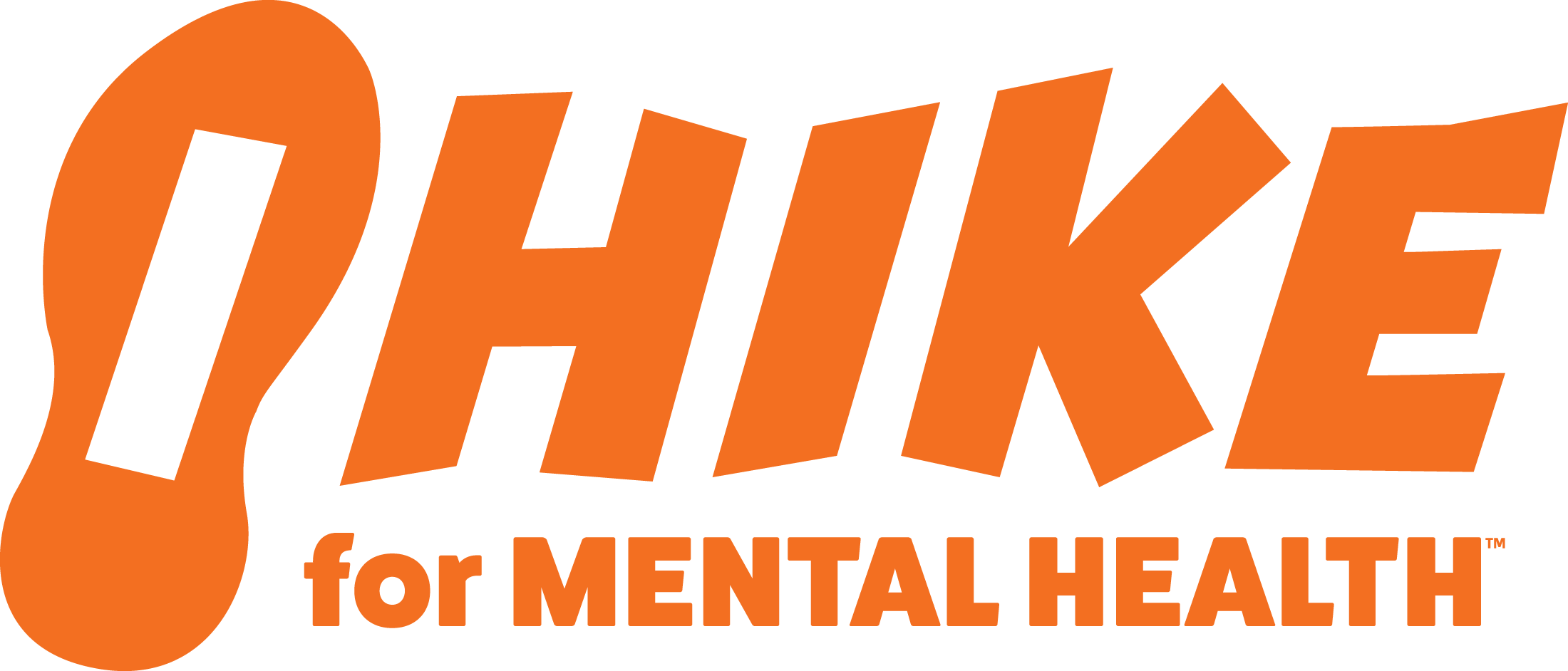Dealing with election stress
An election like no other…
Elections seem to have become a mental health issue. One editorial I read compared the recent election to a hostage situation. It wasn’t always like this. A lot of folks I’ve been talking to these days have been experiencing election stress: either during or after or both. I don’t want to get in to who’s right or who is more responsible for the current situation. I’d like to talk about ways to cope and maybe ways to heal. I realize I am stepping into turbulent waters here, and it will be very hard to write about this topic without some regarding me as having unjust sympathy for ‘the enemy’ or a lack of empathy for their current experience. So please allow me a little grace and keep in mind I am not judging anyone’s perspective or emotions right now, I’m just trying to offer a few ways to manage emotions without giving up on core values. I also want the information I share to be seen as relevant not just to this election but to future elections.
So, here we go.
The data are in: elections are a major stressor
Let’s start with a recent survey by the American Psychological Association which found that election stress may now be one of the most bipartisan things we have in this country. Almost 70% of respondents cited the election as a major stressor in their lives. Even higher numbers cited the economy and the future of the country. In years past, only about half of respondents cited the election as a major stressor.
As with many things that cause distress, I find the first step to defanging them is to seek understanding of their origins and nature. I found this article by Pam Rutledge in Psychology Today to be very helpful in this regard. She has many great insights on how the media we consume affect our mental state. Like many I read on this topic, she advises limiting consumption of social media. In addition though, she points out that even our most trusted news organizations will formulate headlines in a way to provoke a strong emotional response and will conflate speculation with facts and rumination with analysis. She also points to studies that link competitive events in general with aggressive and otherwise anti-social behavior.
Coping with election stress
Even after developing some understanding of what is going on, some coping skills may be required. I’ve found a few useful perspectives here. One is to avoid ‘catastrophizing’: we simply don’t know the future (think about how many know-it-all pundits were absolutely wrong). As already mentioned, set firm limits on consumption of social media, but also feel free to set firm boundaries on the discussion of political matters. Learning how to do so may be especially important during the upcoming holidays when we may be spending considerable time with relatives with whom we don’t see eye-to-eye. Don’t judge your feelings. In social settings, it may be worthwhile to learn how to positive establish boundaries on discussion of political issues. One study I came across recently, which was funded by the Brain and Behavior Research Foundation, linked social stress to immune system responses that can adversely affect the brain.
Finally, one of my trusted sources Aimee Frazier, a professional counselor who integrates outdoor activities into therapy, has the following advice:
General ways of coping with stress related to the election: being in community with others who are (emotionally) safe people. Taking action aligned with personal values- for example, volunteering with organizations that allow for someone to make an impact that feels good to them. Walking in nature reduces stress and symptoms of depression, assuming someone feels safe and comfortable outdoors. Holding space to experience emotions is also important- setting aside time to feel the full weight of grief (or other emotions) or the impact that the new leader may have on their life or loved ones- the emotions are valid and important. Grounding exercises, which engage the 5 senses, can help with stress reduction for moments when stress is running high. If relational tensions are running high do to differences, setting boundaries to guide the relationship to success can be helpful. Example “I can’t talk about the election today, as it’s too sensitive, but I would like to have dinner together and focus on other parts of our lives.”
Optimism in the data: it ain’t all bad
Going back to the APA survey for a moment. In spite of all the stress it found, it also found a great deal of resilience and hope. About 60% of respondents believed the election would bring about positive change and a more inclusive society. Most importantly, a little over half said they now are more motivated to volunteer or otherwise support causes they value.

